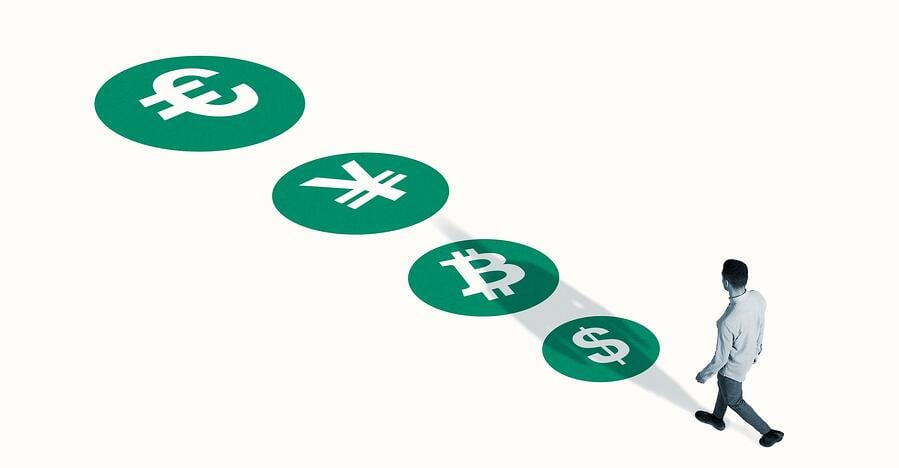Everything you need to know about new online scams selling fake Amazon tokens and stealing cryptocurrencies.
Since we are in the 2021 holiday shopping season, you need to be aware of and beware of a new scam: Amazon token offers. We found these new scams to be very effective, with revenues of more than $100,000. In the past week, more than 300 Avast users have been protected from the scam.
These offers are spread through malicious advertisements imitating legitimate news sites and rely on rumors that have existed since July 2021 that Amazon will offer tokens for sale. The following are examples of malicious ads we found.
The rumor originated from News report The report says Amazon may enter the cryptocurrency market And create your own token as part of it. These stories rely on the guesswork of Amazon’s recruitment announcement in July 2021. The rumors have not been confirmed and there are currently no Amazon tokens for sale.
These malicious advertisements depend on people’s trust in the Amazon brand and their desire to participate in the cryptocurrency initial coin offering (ICO) as early as possible. Participating in an ICO as early as possible may be an easy way to make money quickly, because the value of an ICO usually increases rapidly in the early stages.
Once someone clicks on one of these malicious ads, they are redirected to a well-structured website that seems to promote Amazon’s new (non-existent) Token cryptocurrency. However, after careful investigation, you may notice occasional spelling errors on these sites. This is an early warning that these sites are illegal.
The website is well introduced, with detailed explanations, beautiful pictures and complete functions. The site even cleverly linked the purchase of non-existent tokens with the free Amazon Prime membership to make it look more legitimate.
The attackers behind this scam also cleverly combined the purchase of these non-existent tokens with Amazon’s Prime gaming service, Designed to attract gamers.
If the user decides to buy immediately, there will be countdowns, sales, and bonuses on the website. This is a classic scam strategy that uses time pressure to force potential victims to make quick (and wrong) decisions.
Once a user creates an account, there will be a dashboard that looks legitimate, allowing the management of false cryptocurrency portfolios, including the opportunity to purchase non-existent Amazon tokens.
If users try to buy tokens, they must create an account and then “buy” the tokens with other cryptocurrencies, such as Bitcoin, Ethereum, Litecoin, etc. Creating an account may provide an attacker with an email password combination that can be used in other attacks.
In fact, once the translation is completed, the user will not have Amazon tokens, and the attacker will pocket the cryptocurrency transferred to them. If this happens, the money will not be recovered due to the nature of cryptocurrency transactions.
Several websites we found have been closed, leaving users unable to track or access their money/fake token encryption.
We have seen malicious ads all over the world, including the United States, Canada, Brazil, Venezuela, the United Kingdom, Ireland, Norway, France, Germany, Austria, Switzerland, the Netherlands, Italy, Spain, Poland, Czech Republic, Slovakia, Hungary, Estonia, Latvia , Ukraine, Serbia, Bosnia and Herzegovina, Montenegro, Macedonia, Greece, Romania, Bulgaria, Georgia, Morocco, Nigeria, Indonesia, Philippines and Australia.
To protect yourself from such scams:
- Be suspicious of cryptocurrency advertisements and posts on social media.
- Please double check the URL and website before entering the details and making a purchase.
- Don’t fall into the high-pressure strategy of claiming “flash sale”, “only a few left”, and “buy now”.
- Research the goods you are about to buy-find official sources.
- Report when you see fraudulent ads and posts; this may help remove them from social media.
Scammers will catch this new news because it is generally believed that if the currency is proven to be successful, early adopters can reap significant benefits. Users may think that they have entered a potentially large cryptocurrency that could generate huge returns very early, so they may be wary.
In fact, these scams are so well structured that they abuse Amazon’s name, brand, and trust — and happen during the holiday shopping season — making them even more insidious. Therefore, it is important to know that they are outside and how to best protect yourself from them.



